Each day of our 2017 fast will include a short reflection on each of the 7 Movements of Discipleship. The 7 Movements are the way we explain the transformations that come as we follow Jesus.
We're nearing the end of our first full day of prayer and fasting. Often, the early days of a fast can bring discouragement, fatigue and frustration as we might feel like we're just losing things we enjoy and not necessarily gaining anything. This is a good time to talk about the movement from brokenness to wholeness
Deciding that Jesus is going to be our Lord and Saviour and moving from death to life does not mean that every negative experience or mistake in your life will practically change tomorrow.
In fact, the beginning of our journey with Jesus is often just the beginning of a realization of our brokenness. We’re all deeply broken, but until we gain the peace that comes from knowing we won’t be rejected for all of this brokenness, it can be hard to admit it to ourselves.
We all express our brokenness differently.
Some people express this in a religious attitude that strives to ‘appear’ whole—having it all together. They are the people who always do the right thing and, at least inside, judge people who don’t appear so whole.
Other people express this brokenness in a rebellious attitude that 'doesn’t care' what people think and strives to exert their independence through actions that cut against the status quo of the people who do the right thing.
Either way, we’re all hypocrites who are living out of our brokenness to one degree or another, compensating for our insecurity, our hurt and our shame.
Everyone's brokenness stems from a force of brokenness in the world that affects everything and everyone (called ‘sin’) and the way we each express this brokenness is partly determined by the negative experiences we’ve had and the way we grew up.
But brokenness, though bad for us and others, is a critical part of our journey to becoming whole people, reflecting the image of God. In fact, it’s our brokenness that qualifies us to become Christians—it’s acknowledging our brokenness that allows us to come into God’s presence in the first place. Although realizing you're broken can feel bad, it's the key to finding wholeness and intimacy with God.
God is not scared of brokenness in the same way that a doctor is not scared of sickness. Without sickness, the doctor’s training would be worthless. He is there, waiting for sick people who need his help to come to him. God is the same way; deep within his identity is a desire to make the sick well and the broken whole.
He heals the brokenhearted and binds up their wounds. Psalm 147:3
Wholeness comes as we come into God’s presence and accept the good news that the God who is revealed in Jesus accepts us in our brokenness and transforms our pain and mistakes into scars emptied of their shaming power. All we must do is let go, be real about who we are, and come to God--asking him to heal our hearts and bind up our wounds.
As we take this journey of healing, we will find that where living out of brokenness made us need to be strong and independent, becoming whole actually leads to the realization that we are weak and in need of God and others.
Be real and take this time of prayer and fasting to come to God with your brokenness--asking him to make you whole.
• • •
Join us for one of the corporate prayer times during the week:
Wednesday, January 11th at 680 rue Richmond 6:30pm - 8:00pm
or
Thursday, January 12th at 4250 avenue Marcil (Apt. 21 Buzzer: 28) 7:30pm - 9:00pm
We will break the fast and celebrate together on Saturday, January 14th at 680 rue Richmond 10am - 12:30pm. We will have a time of prayer followed by brunch together. Please bring a dish to share.

